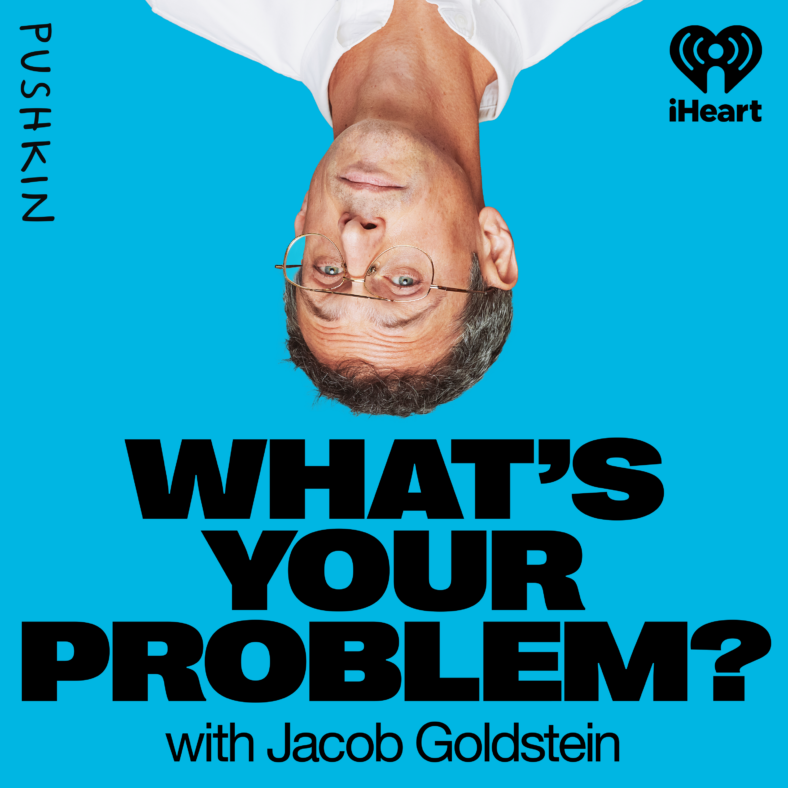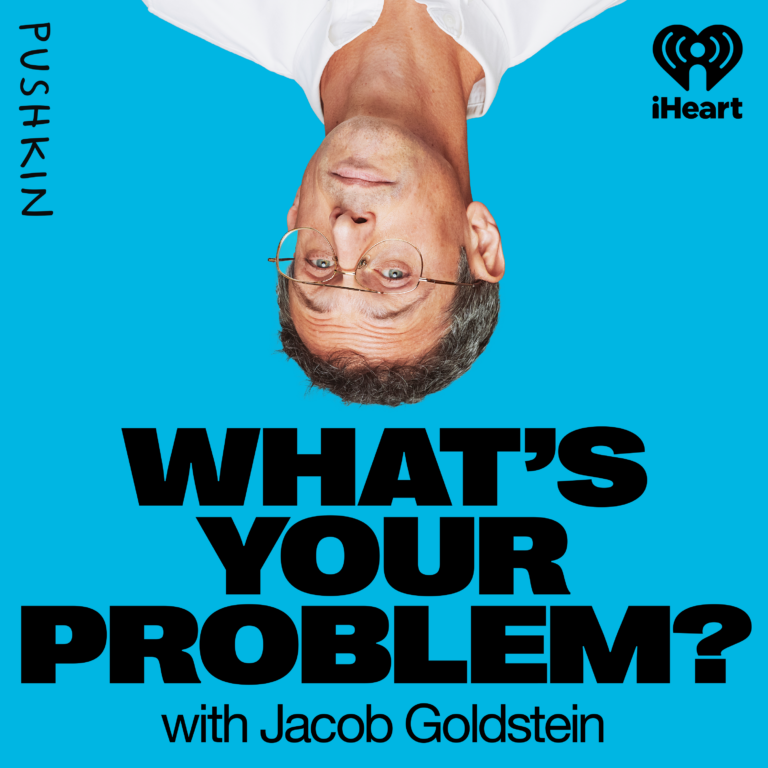Tim Harford is joined by Jacob Goldstein to answer your questions. Does winning the lottery make you unhappy? Is Bitcoin bad for the economy? When does correlation imply causation? And what will Tim and Jacob do when the robot overlords come for their jobs? Enjoy this episode from Cautionary Tales, another Pushkin podcast.
See omnystudio.com/listener for privacy information.


